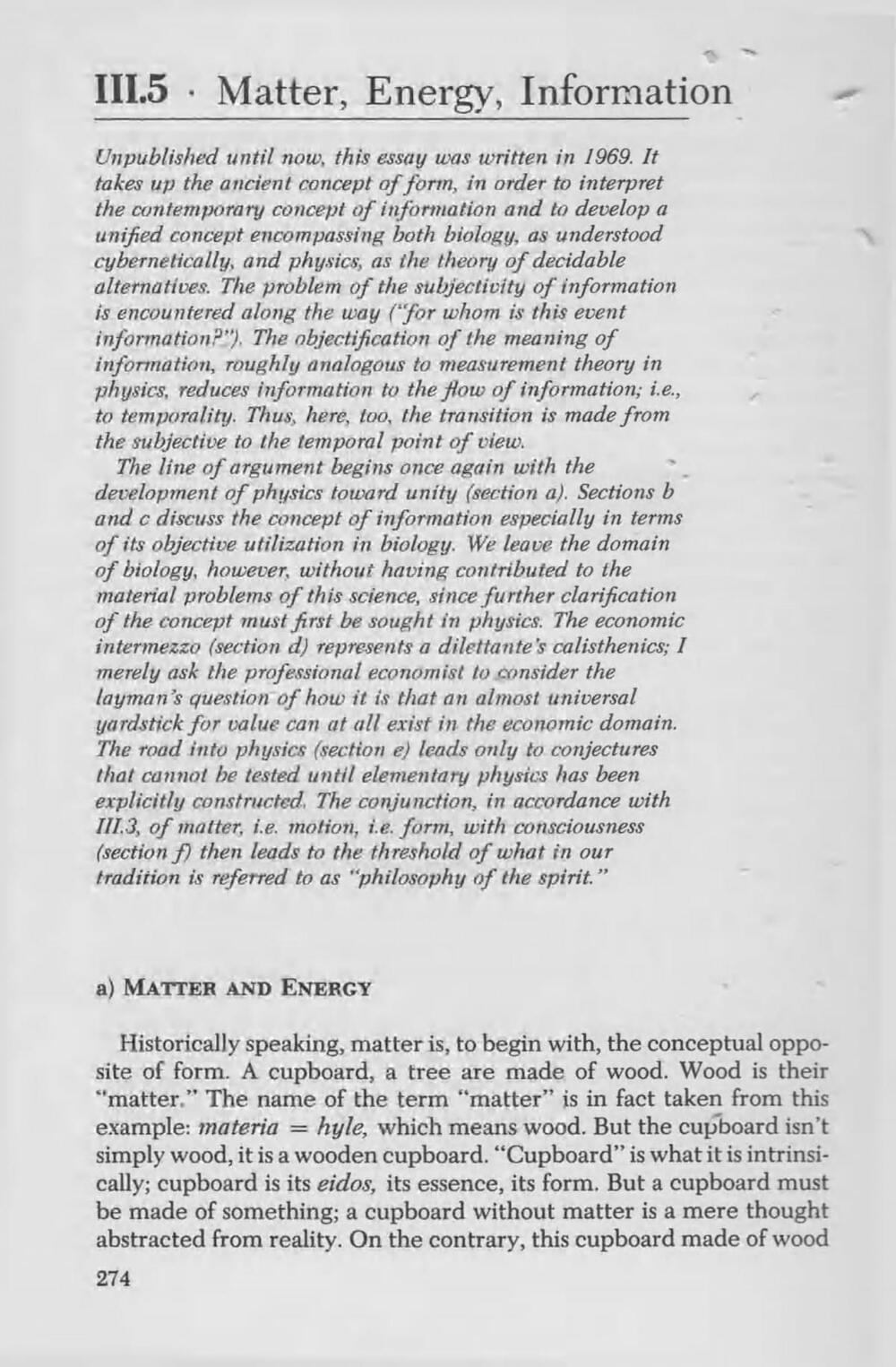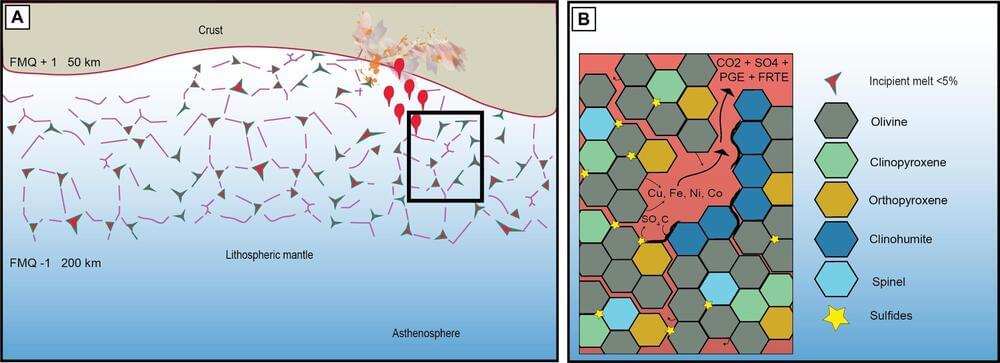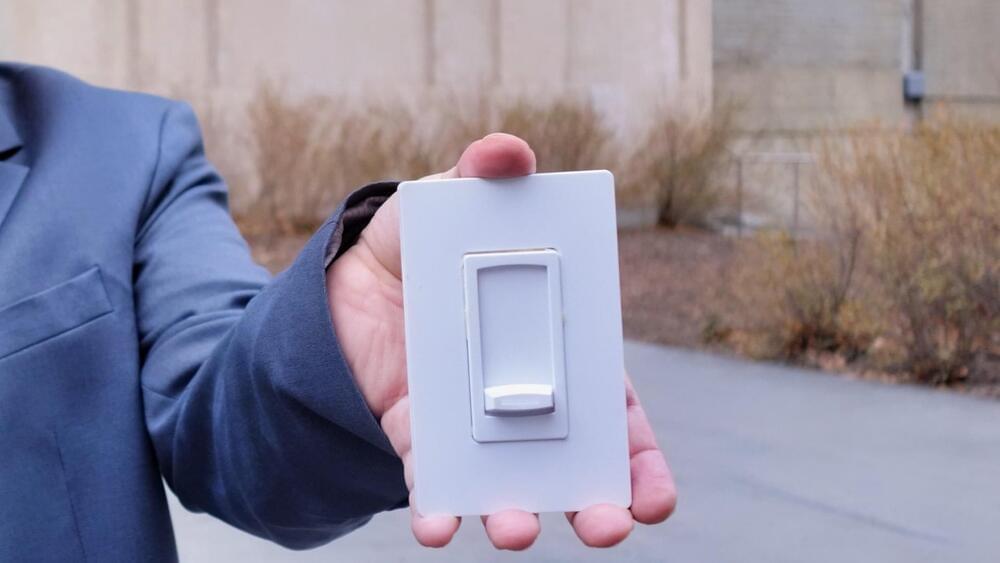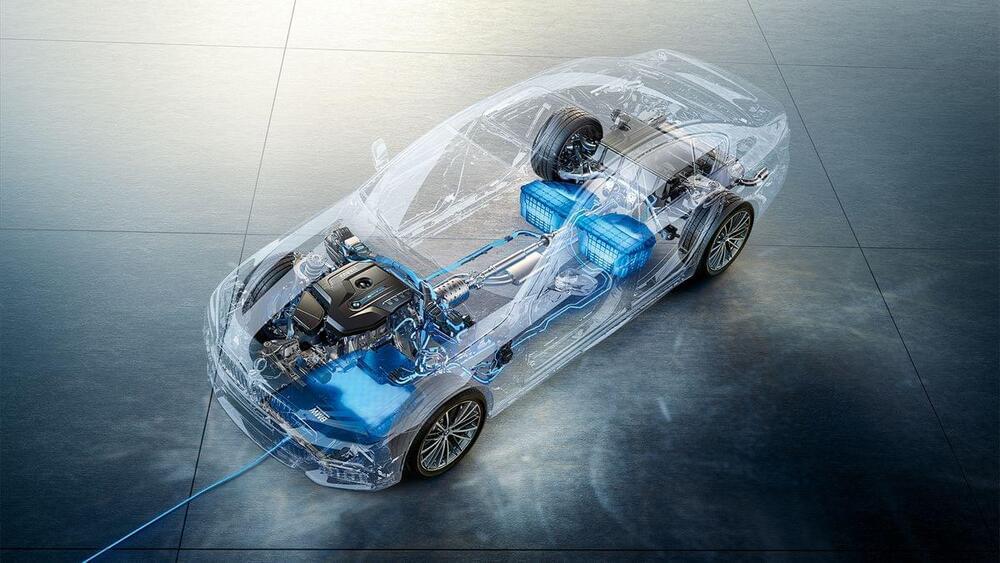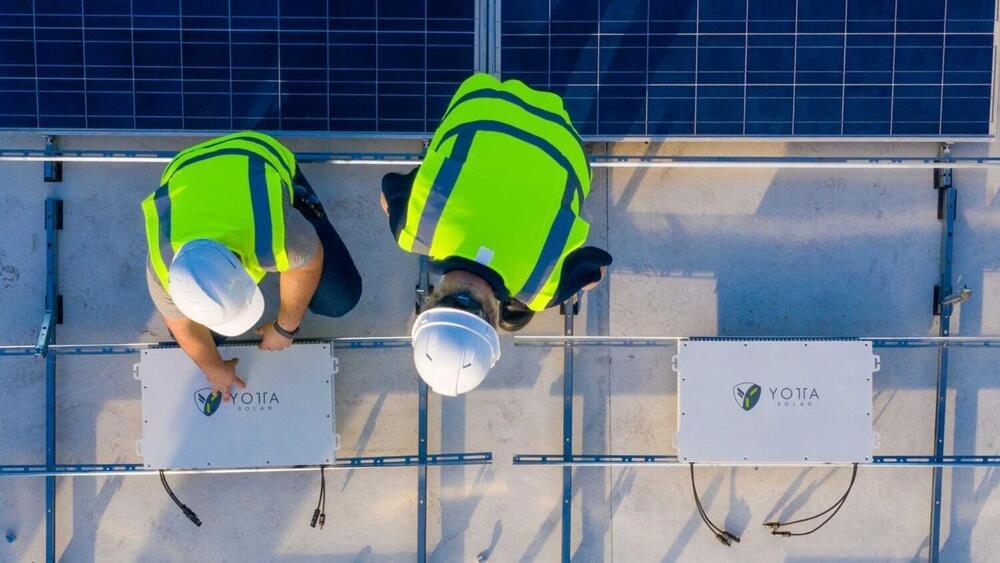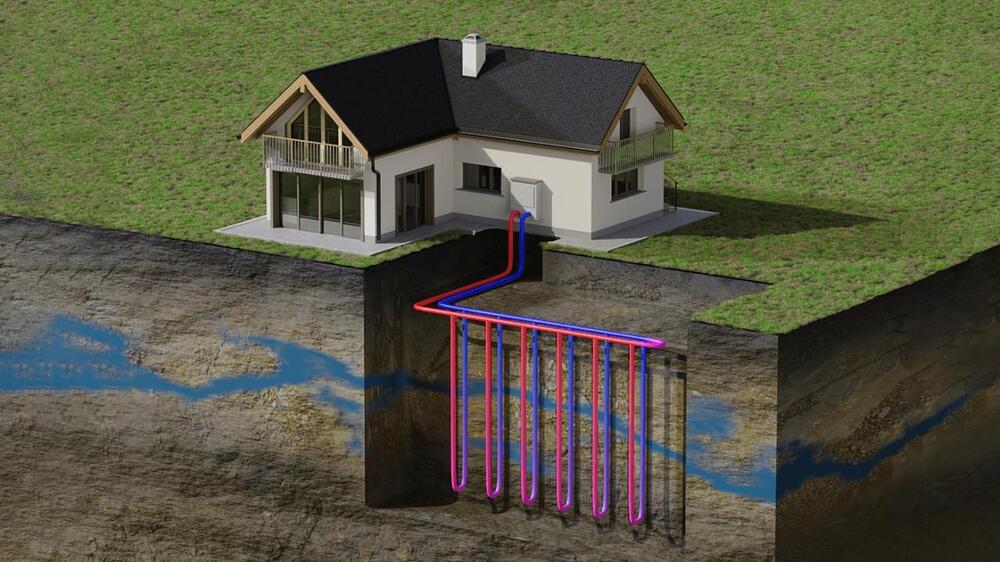Mar 26, 2024
MIT’s Self-Powered Sensor Automatically Harvests Ambient Magnetic Energy
Posted by Saúl Morales Rodriguéz in categories: electronics, energy
A system designed at MIT could allow sensors to operate in remote settings, without batteries.
MIT researchers have developed a battery-free, self-powered sensor that can harvest energy from its environment.
Because it requires no battery that must be recharged or replaced, and because it requires no special wiring, such a sensor could be embedded in a hard-to-reach place, like inside the inner workings of a ship’s engine. There, it could automatically gather data on the machine’s power consumption and operations for long periods of time.


